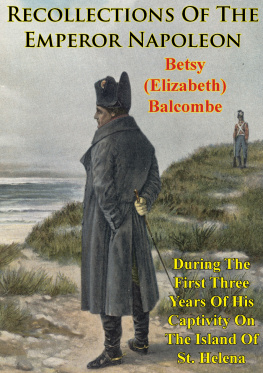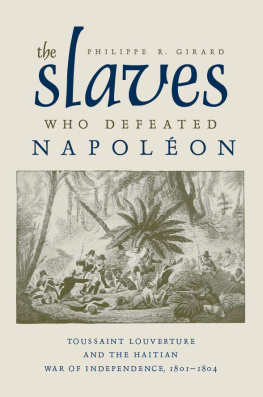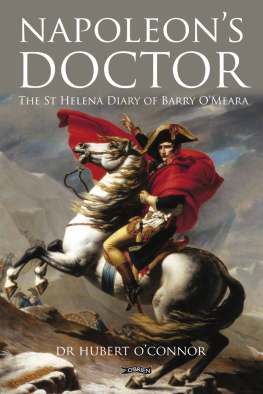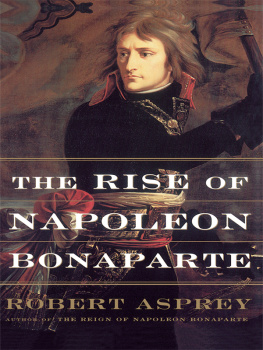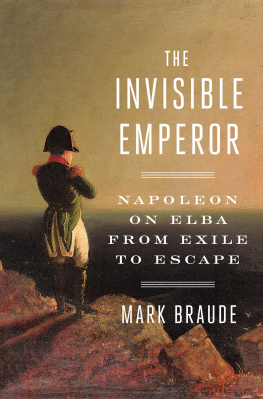Las Cases - Memoirs of the life, exile, and conversations of the Emperor Napoleon. (Vol. III)
Here you can read online Las Cases - Memoirs of the life, exile, and conversations of the Emperor Napoleon. (Vol. III) full text of the book (entire story) in english for free. Download pdf and epub, get meaning, cover and reviews about this ebook. year: 2013, publisher: Wagram Press, genre: Romance novel. Description of the work, (preface) as well as reviews are available. Best literature library LitArk.com created for fans of good reading and offers a wide selection of genres:
Romance novel
Science fiction
Adventure
Detective
Science
History
Home and family
Prose
Art
Politics
Computer
Non-fiction
Religion
Business
Children
Humor
Choose a favorite category and find really read worthwhile books. Enjoy immersion in the world of imagination, feel the emotions of the characters or learn something new for yourself, make an fascinating discovery.

- Book:Memoirs of the life, exile, and conversations of the Emperor Napoleon. (Vol. III)
- Author:
- Publisher:Wagram Press
- Genre:
- Year:2013
- Rating:3 / 5
- Favourites:Add to favourites
- Your mark:
- 60
- 1
- 2
- 3
- 4
- 5
Memoirs of the life, exile, and conversations of the Emperor Napoleon. (Vol. III): summary, description and annotation
We offer to read an annotation, description, summary or preface (depends on what the author of the book "Memoirs of the life, exile, and conversations of the Emperor Napoleon. (Vol. III)" wrote himself). If you haven't found the necessary information about the book — write in the comments, we will try to find it.
Las Cases: author's other books
Who wrote Memoirs of the life, exile, and conversations of the Emperor Napoleon. (Vol. III)? Find out the surname, the name of the author of the book and a list of all author's works by series.
Memoirs of the life, exile, and conversations of the Emperor Napoleon. (Vol. III) — read online for free the complete book (whole text) full work
Below is the text of the book, divided by pages. System saving the place of the last page read, allows you to conveniently read the book "Memoirs of the life, exile, and conversations of the Emperor Napoleon. (Vol. III)" online for free, without having to search again every time where you left off. Put a bookmark, and you can go to the page where you finished reading at any time.
Font size:
Interval:
Bookmark:

| Volume I | https://www.gutenberg.org/ebooks/53967 |
| Volume II | https://www.gutenberg.org/ebooks/53968 |
| Volume III | https://www.gutenberg.org/ebooks/53969 |
| Volume IV | https://www.gutenberg.org/ebooks/53970 |
Published for Henry Colburn, March 1836.
OF
THE LIFE, EXILE,
AND
CONVERSATIONS,
OF THE
EMPEROR NAPOLEON.
WORKS OF CHERBOURG.
Font size:
Interval:
Bookmark:
Similar books «Memoirs of the life, exile, and conversations of the Emperor Napoleon. (Vol. III)»
Look at similar books to Memoirs of the life, exile, and conversations of the Emperor Napoleon. (Vol. III). We have selected literature similar in name and meaning in the hope of providing readers with more options to find new, interesting, not yet read works.
Discussion, reviews of the book Memoirs of the life, exile, and conversations of the Emperor Napoleon. (Vol. III) and just readers' own opinions. Leave your comments, write what you think about the work, its meaning or the main characters. Specify what exactly you liked and what you didn't like, and why you think so.

